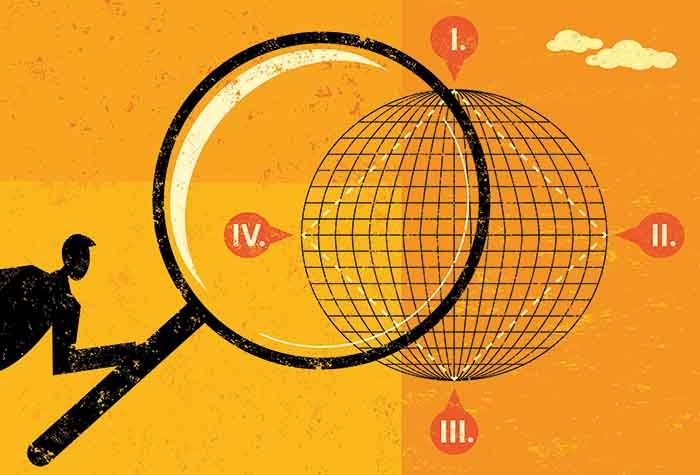In recognition of World Environment Day on June 5, which is focused on ‘Time for Nature’ and providing the essential infrastructure that supports the planet and human development, these fund managers shared their perspectives with ESG Clarity.
Biodiversity
Peter van der Werf, senior manager engagement, active ownership at Robeco
Biodiversity is an important topic to us and as such we have signed the Finance for Biodiversity pledge in 2020. Robeco was one of the launching signatories of the Pledge, since then a total of 55 signatories representing $9 trillion assets under management have joined the ranks, which is an incredible sign of progress that the financial industry is rapidly coming to grips with the systemic risk that biodiversity loss presents globally.
We however understand that signing the pledge is only the first step. To enable our organization to deliver on all commitments we have mandated a Biodiversity Taskforce to develop a materiality analysis, we have actively developed a biodiversity footprint standard together with the Platform Biodiversity Accounting Financials (PBAF) and contributed to the launch of the TNFD taskforce as member of the informal working group (IWG) for the TNFD in the past nine months.
Next to these important initiatives Robeco is also working on global engagement on the topic of biodiversity together with other global partners in this space. While these actions by itself will not save biodiversity, we are convinced that concerted efforts by the global financial industry can provide a meaningful contribution to deliver the commitments of the global biodiversity framework that will be negotiated at the Convention on Biological Diversity (CBD) COP 15 in Kunming later this year.
Just Transition
Ladislas Smia, head of sustainability research, Mirova
The question of the social acceptability of the environmental transition is at the heart of the debate. This challenge must not push us to be cautious about the transition but, on the contrary, must push us to mobilize all energies, companies, investors, public authorities and individuals, to be ambitious and innovative.
There is no denying this transition will have significant impacts in terms of redistribution. We can foresee them at the individual level. Moving from green to brown jobs will have consequences for careers. If, as the IEA tells us, we have to stop launching new oil and gas fields this year, many employees in the oil sector will have to retrain.
Similarly, in the automotive sector, the skills required to produce a thermal vehicle and an electric vehicle are not always the same. From an individual point of view, if the price of energy rises, households in peri-urban areas that are more dependent on cars and living in dwellings that are more difficult to heat may see their standard of living affected.
At the level of companies, some may succeed in “transiting” their business model. Others are likely to lose market share to new players. These mechanisms are already in place; whatever one thinks of Tesla, it is undeniable that they have established themselves as a major player in the automotive sector. Most renewables players are new comers and not old one that have diversified or transited their business model. Some investors, particularly American investors, believe that it is not their role to adapt. According to classical economics, companies running business models of the past should instead return the money to shareholders. The latter will be responsible for reallocating capital in the most efficient way, to the most innovative new players.
The reality is likely to be a trade-off between transition and disruption. In any case, the social implications are already tangible. They need to be addressed and raise difficult questions, especially in the current context of growing inequality.
Circular economy
Victor Zhang, CIO, American Century Investments
World Environment Day represents an opportunity for us to embrace the notion that the environment and the economy intersect in a circular fashion. Think about the circular economy investment opportunity like capital budgeting – only this time it’s natural capital. It should take into consideration both long-term costs and future benefits. Redefining global value chains today will permit us to avoid the abysmal costs – environmental, social and economic – tomorrow.








